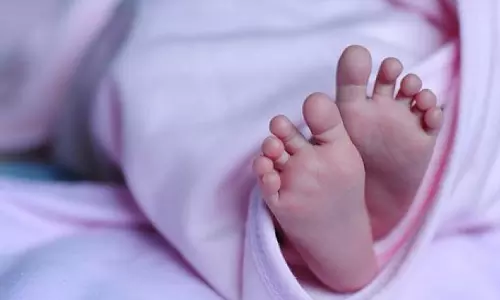Dengue may aggravate heart problems
A recent study by the private hospital Fortis Healthcare found that dengue in cardiac patients could aggravate their heart ailments.;

A recent study by the private hospital Fortis Healthcare found that dengue in cardiac patients could aggravate their heart ailments. The research released on Tuesday was conducted in the last three months involving 150 patients admitted to the hospital from Delhi and NCR.
The study also revealed that electrocardiograph and echocardiograph (ECG and Echo) readings changed in patients admitted with dengue fever but with no prior heart ailments.
Dean and executive director of Clinical Research and Academics, Fortis Healthcare, Dr Upendra Kaul said, “Our study shows that dengue can mean double blow for heart patients as the vector-borne disease could create serious cardiac problems in such patients. Also, very often heart patients are on aspirin. But, continuing with aspirin in these patients can be a dangerous situation as it reduces platelet count in them and could also lead to bleeding”. The research refers only to those dengue patients who are in need of hospitalisation.
The study by the hospital suggested that those having dengue fever coupled with chest discomfort, shortness of breath, unnecessary fatigue, must get their ECG or Echo done to rule out the possibility of heart involvement. “If the changes are detected early, the situation can be handled in the first interface and heart disease progression could be averted, said the study. As per the municipal records about 192 cases of dengue were recorded in this month. Last year, the city saw a staggering 15,867 dengue cases that claimed 60 lives. “Dengue has turned up as a seasonal epidemic in India and we see a number of cardiac patients coming with dengue fever. Also, those who had dengue, their ECG and Echo where showing some temporary malfunction of the heart. However, these were corrected by due course of supportive treatment. But it is very important not to overlook any symptoms in both the cases,” added Dr Kaul.



